Bondage
Artists are, by and large, progressives. We believe in equal rights for women, civil rights for LGBTQ individuals, and fair representation on our stages. Saudi Arabia’s rulers do not, and Metropolitan Opera artists should not be compelled to perform for them.

This may come as a shock, but I am a huge sci/fi nerd. When I sorted through fifteen years of blog posts last week, I had to laugh at the number of Star Trek references embedded in my essays!
Anyway, I just marathoned the first season of Murderbot, and the show provides an ideal backdrop for what I’d like to discuss today.
Murderbot is a security robot, or SecUnit, whose assignments include supporting mining, science, and other assorted for-profit expeditions. His job is more about securing the profitability of these expeditions than it is about providing security for the humans carrying them out. The people he works alongside are usually “Contract Workers”, and they are essentially the property of their respective Corporate Rim employers, with obligations lasting a decade or more. Contract Workers may not refuse dangerous assignments. Like the SecUnit, their lives are not their own. Their safety only matters because injury or death would put a dent in their owners’ profits.
One of the things I enjoy about science fiction is that it can offer helpful perspectives for familiar real-life issues by presenting them in an unfamiliar, exaggerated context (e.g. worker exploitation, but in space). Science fiction often also provides useful PSAs (e.g. this is the society we can look forward to becoming if we continue prioritizing profit over people).
I happened to be enjoying the premium quality entertainment that is Murderbot when the New York Times ran an article about how Peter Gelb is hammering out a deal that would involve employees of the Metropolitan Opera working in Saudi Arabia for three weeks every year, a plan that was apparently pre-endorsed by the Met singers’ labor union leadership without any discussion among the union’s membership.
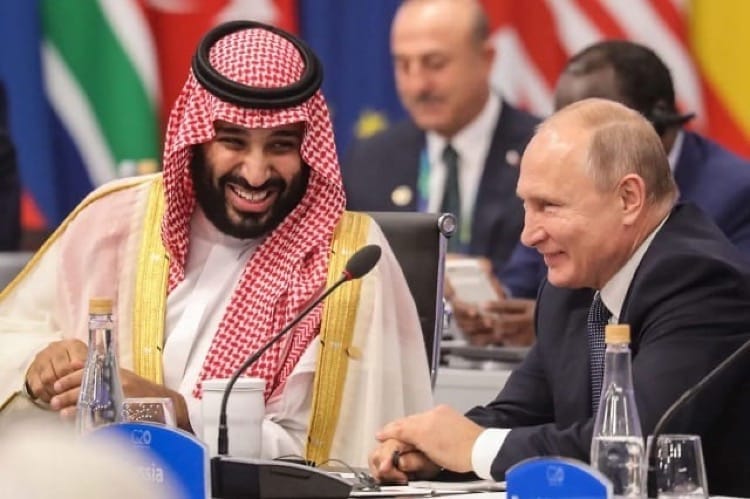
Here is what I know about the Met’s arrangement with Saudi Arabia. My information comes from the New York Times article, as well as a reputable source privy to Gelb’s internal messaging to Met employees:
- The Metropolitan Opera has negotiated an agreement with the kingdom of Saudi Arabia for a three-week annual residency as the official winter company of the new Royal Diriyah Opera House. They will perform two operas and several concerts on each visit.
- The New York Times article quotes Gelb as stating that performers could choose whether they wanted to participate in the partnership with Saudi Arabia. This is demonstrably false, as any employees who hold Israeli passports, whose passports have an Israeli stamp, or whose passports include an “X” in the gender field identifying them as non-binary or intersex, are prohibited from entering the country, and thus cannot choose whether or not to participate.
- Gelb also made it clear to employees that while those who are prohibited from entering Saudi Arabia will be paid their usual salary during the residency, this will not be the case for any employees who choose not to participate unless they have a “legitimate excuse”, such as a family emergency. He avoided addressing how the Met will offer protection to employees whose safety will be at risk in a country that is hostile to women and LGBTQ individuals, other than recommending a “don’t ask, don’t tell” policy.
- The American Guild of Musical Artists [AGMA], whose mission includes ensuring fair and safe working conditions for its members, made the extremely anti-union-democracy move of offering the New York Times a statement praising a plan that expressly puts its members at risk, without AGMA’s leadership first having discussed the plan with members. It is my understanding that Met choristers first learned about the plan, and AGMA’s complicity with it, from the Times article, followed by a Zoom call with Gelb the next morning.
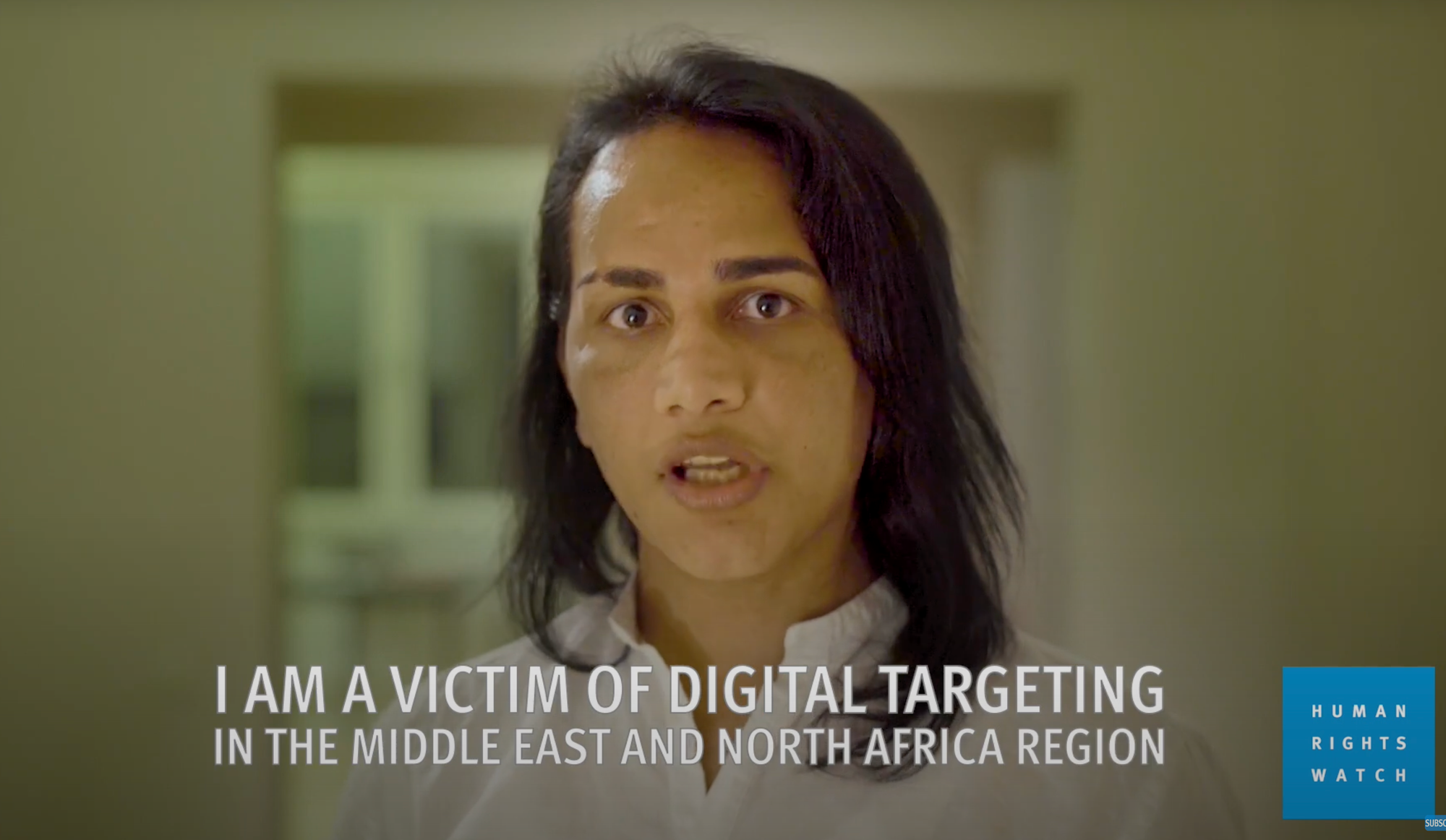
Here is what I know about the risks that Saudi Arabia poses for women and LGBTQ individuals, as well as anyone who engages in non-marital sex. My information comes from the Human Rights Watch World Report 2025:
- “Saudi Arabia does not have an anti-discrimination law. Saudi Arabia’s first codified law on personal status formally enshrines male guardianship over women and includes provisions that facilitate domestic violence and sexual abuse in marriage. The government did not consult Saudi women’s rights activists despite their campaigns for a Personal Status Law that would end discrimination against women. Instead, Saudi women’s rights activists have faced arbitrary arrest and detention, torture, and travel bans… If a woman refuses without a “legitimate excuse” to have sex with her husband, move into the marital home he provides or stay overnight there, or travel with him, she loses her right to spousal maintenance (nafaqa) from her husband, which includes food, housing, clothing, and other ‘basic needs’.”
- “The authorities continue to repress the rights of lesbian, gay, bisexual, and transgender (LGBT) people and have eliminated discussion of gender and sexuality from the public sphere online and offline.”
The Saudis discriminate against and punish all women and LGBTQ individuals for expressing agency around gender and sexual identity, not just Saudi citizens. Mohamad al-Bokari, featured in the video linked above, is a Yemeni citizen who was residing in Riyadh when he was arrested. Women who are suspected of engaging in non-marital sex are regularly arrested and prosecuted as “prostitutes” regardless of citizenship. Here is a story from last February reporting how three foreign women were arrested while “engaging in prostitution at a hotel in the Riyadh city.” Here is a story from last April reporting how “four expatriates, including two women, were arrested for engaging in prostitution in an apartment in the Duba governorate in the northern Tabuk region.” (In Saudi Arabia, “engaging in prostitution” is a blanket term that can apply to non-marital sex and massage therapy in addition to sex work.)
I cite these examples because they feature non-Saudis being arrested and prosecuted for engaging in non-marital sex and championing LGBTQ rights, in the privacy of their homes and hotel rooms. Punishment for actual Saudi citizens who engage in such activity varies from severe to lethal.
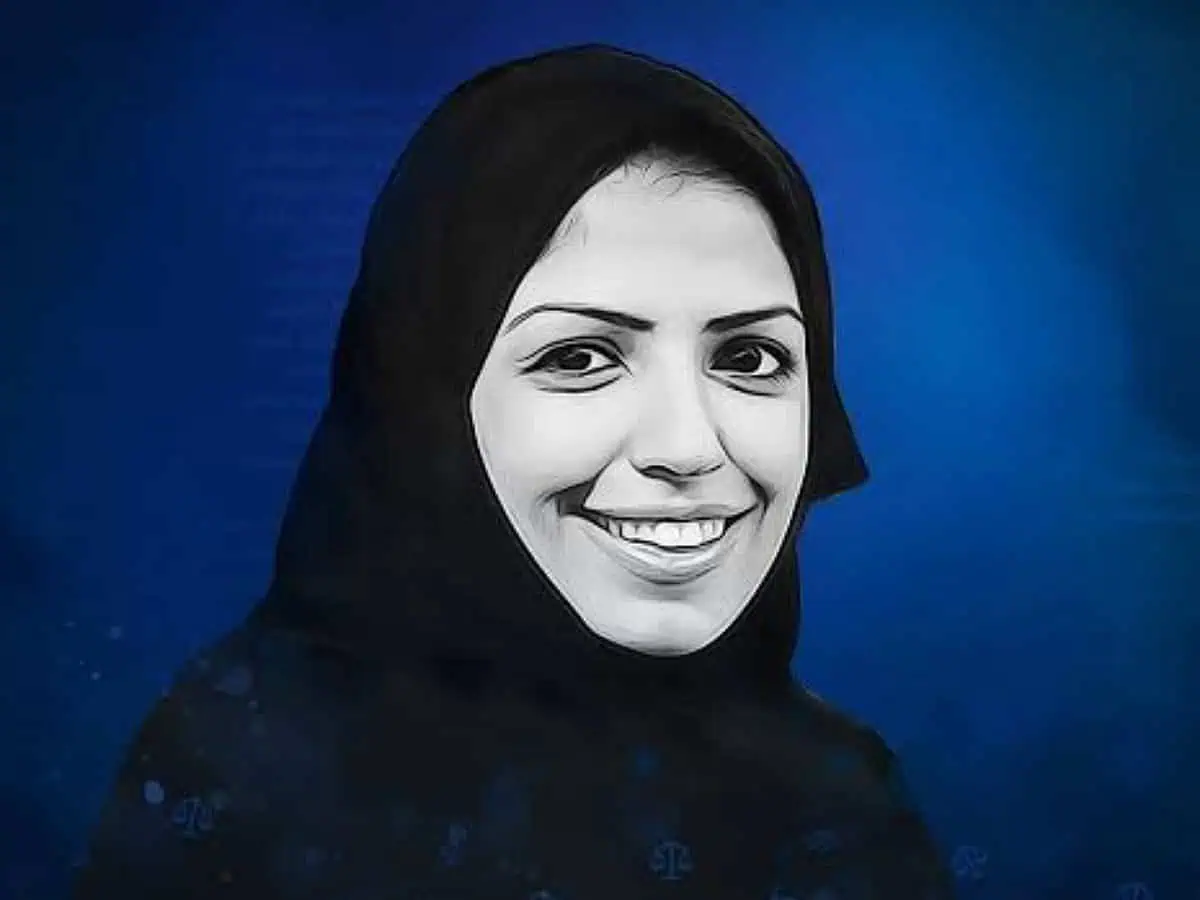
The Metropolitan Opera was founded in 1883, with its first opera house built on Broadway and 39th Street by a group of wealthy businessmen who wanted their own theater.
—Our Story, The Metropolitan Opera
If, like me, you also appreciate premium quality entertainment, you may have taken in the season two finale of The Gilded Age, in which Bertha, wife of robber baron wealthy businessman George Russell, triumphantly attends the opening of the Metropolitan Opera House, which they and their wealthy businessman friends had bankrolled.
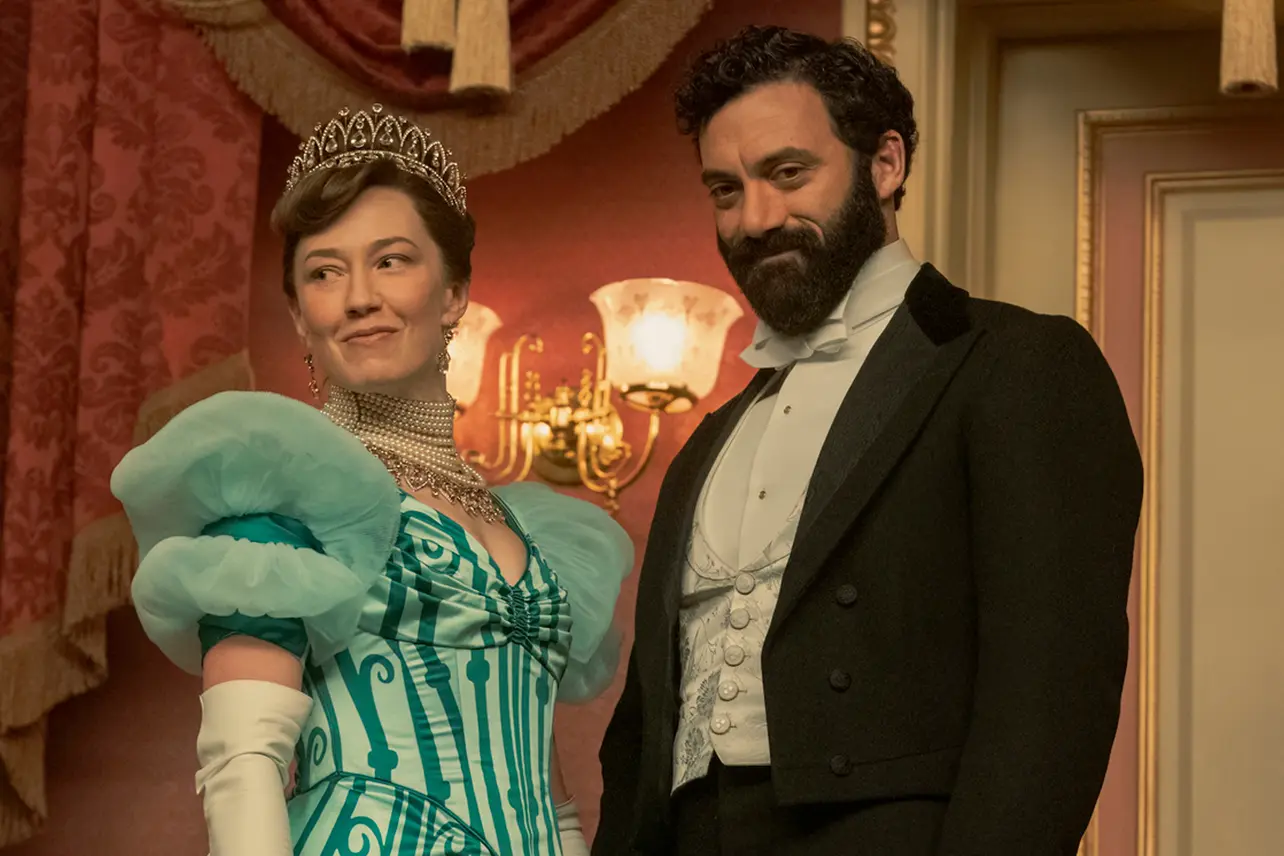
The Met’s original business model was predicated on the largess of wealthy Gilded Age businessmen.
Alas, the Gilded Age ended towards the close of the nineteenth century, and the Met’s original business model has proved increasingly unsustainable over the years.
As the New York Times reported, “Since the coronavirus pandemic, the company has withdrawn more than a third of the money in its endowment fund to help it cover operating costs — about $120 million overall, including $50 million to help pay for the season that ended in June. The withdrawals have raised questions about the viability of staging live opera on a grand scale in the 21st century.”
You know, wealthy businessmen are not the only people who have the potential to fall in love with opera and feel motivated to support companies like the Met. As the Met itself learned in 2021 from the success of Terence Blanchard’s Fire Shut Up in My Bones, new productions platforming new-to-opera demographics easily fill seats with members of those new-to-opera demographics. This was the first time in its history that the Met had produced an opera by a Black composer. It shared the story of the Black American whose memoir was adapted for the libretto. Fire Shut Up in My Bones attracted a new audience to the house, and with it their potential ongoing support.
Given the unsustainability of the Metropolitan Opera’s original business model, the company now faces a choice between building new audiences at home, or seeking new wealthy businessmen abroad. The Saudi Arabia plan shows us which choice they favor, and that matters because they cannot simultaneously pursue both options.
I’ll explain why.
First of all, when arts organizations chase down big money, they obligate themselves to make whatever art the big money wants. The Saudis won’t be clamoring for Fire Shut Up in My Bones or L’Amour de Loin, which at the time of its premiere in 2016 was the first opera composed by a woman ever to be produced at the Met. The Saudis will not be clamoring for any opera composed by a woman. They will not welcome seeing a woman on the podium, or a trans woman on the stage, or a performer who is a powerful advocate for the LGBTQ community. That means that the arrangement with the Saudis will necessarily have an immediate impact on the Met’s programming and casting, because each season will need to include two productions featuring stories and performers that will not make the Saudis uncomfortable.
This throws all of the Met’s DEI efforts right out the window. I’m waving goodbye to them out my window right now, as they sail down the Hudson. Look, there they went.
Second, the problem with catering primarily to wealthy people, whether they are robber barons or sheikhs, is that wealthy people generally like art that makes them feel comfortable. My previous post discussed how those with status, power, and money tend to invest their status, power, and money in perpetuating and shoring up the status quo. They generally like their art familiar and unchallenging. It’s the hoi polloi that gets excited about progress and change, that wants to see modern operas and productions that reflect their stories and offer them fresh perspectives. It’s the hoi polloi that wants to see greater representation on the stage and among the creators and producers. It’s the hoi polloi that likes their art challenging and disquieting at times.
That is why I say that the Met cannot chase after sheikh money abroad while wooing new audiences at home. The programming and casting priorities that would satisfy these groups are diametrically opposed to one another’s.
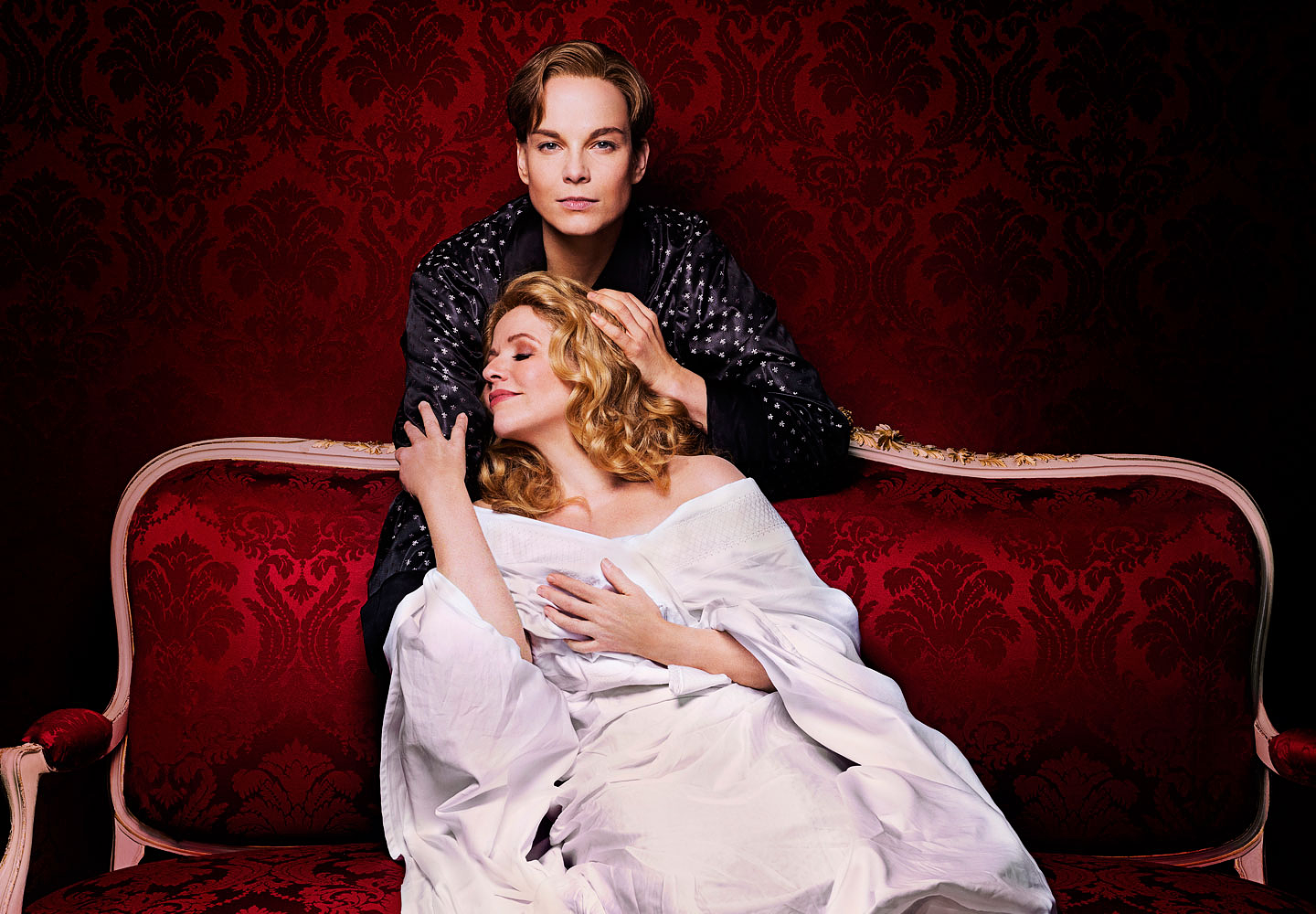
Suppose I’m wrong about that, though. Imagine for a moment that it would be possible to reconcile the priorities of the Saudis with the preferences of modern domestic audiences. Couldn’t there be a compromise that would protect everyone’s interests? Isn’t there some way that this plan could go forward, so that the Metropolitan Opera could enjoy the financial benefits while also protecting the interests of their employees and continuing to delight diverse audiences at home?
If there were, it would require contracts ensuring Met performers the protection they would need to feel safe traveling to Saudi Arabia while being female, LGBTQ, and/or non-maritally sexually active. I am doubtful as to whether that is possible. It would also require some oversight to ensure that the Met’s casting and programming choices are not influenced by Saudi Arabia’s programming and casting preferences.
It falls to AGMA to ensure workplace safety for Met employees and to advocate for their fair and equitable representation. Regarding the Saudi Arabia project, AGMA is already taking their cues from the Metropolitan Opera’s leadership rather than their membership. From the New York Times article:
The deal has the support of one of the largest unions at the Met: the American Guild of Musical Artists, which represents chorus members, soloists, dancers and stage managers, among others. The union’s president, Ned Hanlon, said in a statement that the agreement “represents an important step toward the kind of financial stability for the Metropolitan Opera that will enable artists and the art form to thrive for the next generation.”
AGMA President Ned Hanlon, who made this statement, is himself a member of the Metropolitan Opera chorus—someone whose financial wellbeing is directly tied to the ongoing financial wellbeing of the Met. I am not saying that means he can’t fight for workplace safety for his female and LGBTQ colleagues, but in this case, their workplace safety does not appear to be as interesting to him as that sweet, sweet Saudi money.
The mission of a labor union is protecting the interests of its members, not serving the interests of those who employ them. It isn’t the mission of a labor union to prioritize the financial stability of an employer to make sure that there will be jobs for its members—conversely, unions have a mandate to protect the interests of its members by standing up to employers when, e.g., the employer tries to put them in harm’s way by requiring them to participate in an annual three-week residency in a country that is hostile to women and LGBTQ individuals.
AGMA publicly approved of a plan to put its members in harm’s way before there was even a possibility of discussing it amongst themselves.
Without union support, it will be very difficult for Met employees to refuse this dangerous assignment.

Artists are, by and large, progressives. We believe in equal rights for women, civil rights for LGBTQ individuals, and fair representation on our stages.
Saudi Arabia’s rulers do not. They may love the way we sing, but they hate the way we live, and that will put all of the performers who participate in the Met residency at risk.
Opera singers will never enjoy a safe work environment, so long as we remain in bondage to a patron class that has our union in its pocket.
If this post resonated with you, please subscribe to my Ghost. Subscriptions can be either free or paid.
- Your attention is your most valuable currency, so free subscriptions are deeply appreciated!
- Paid subscriptions from those who can comfortably afford it help transition my writing from unpaid to paid labor.
Schedule a complimentary consultation for voice lessons here.
Schedule a voice lesson here.





